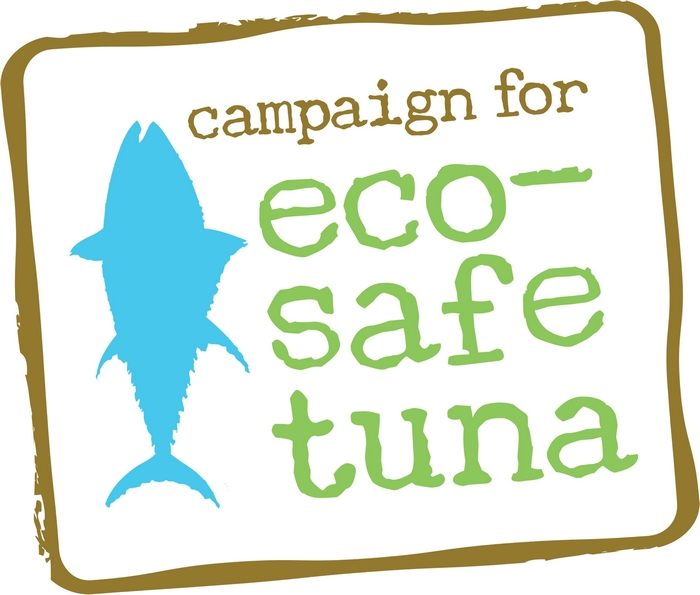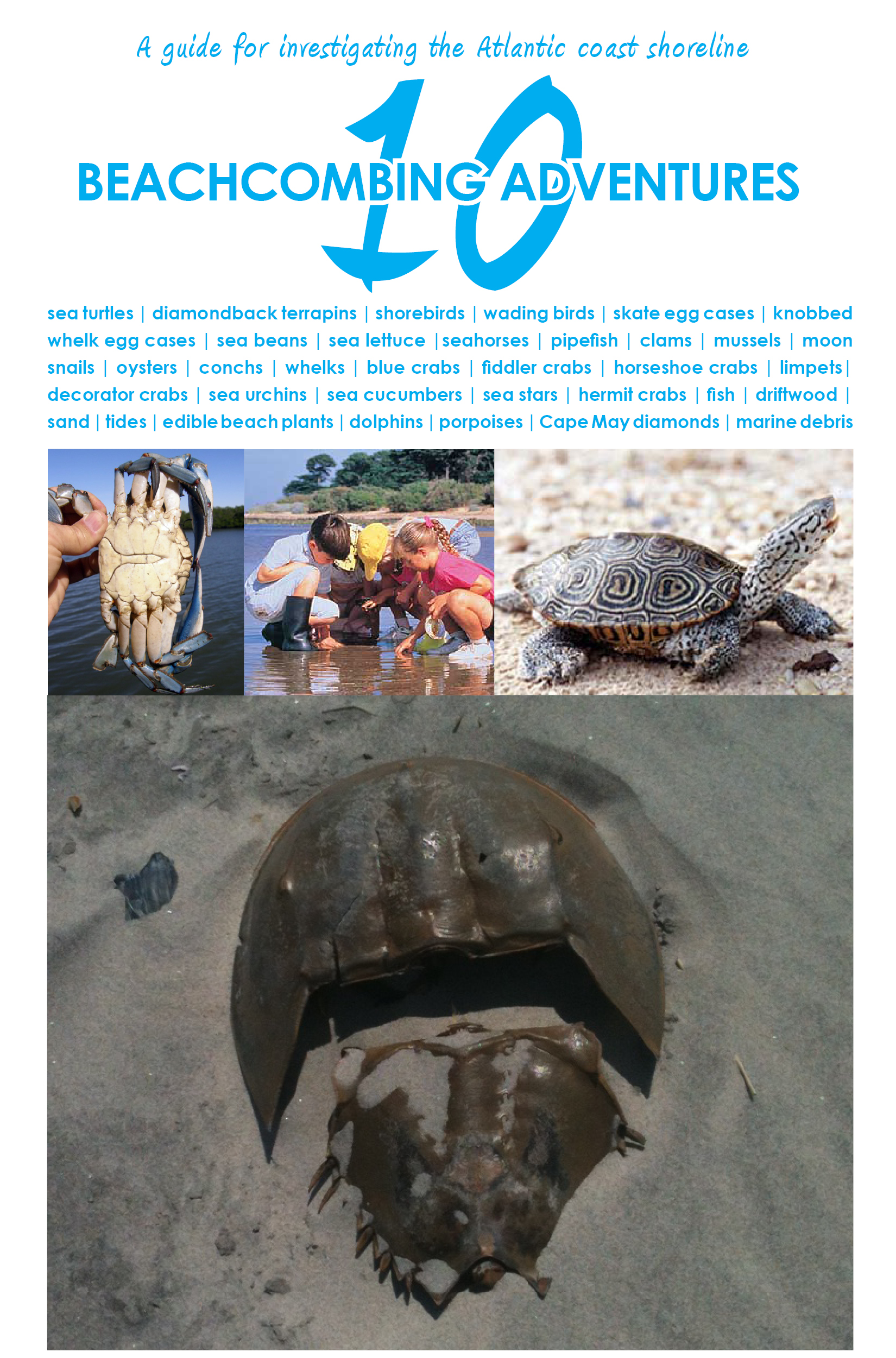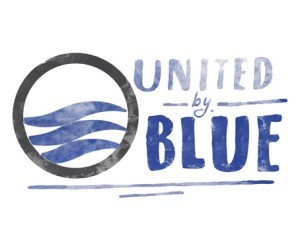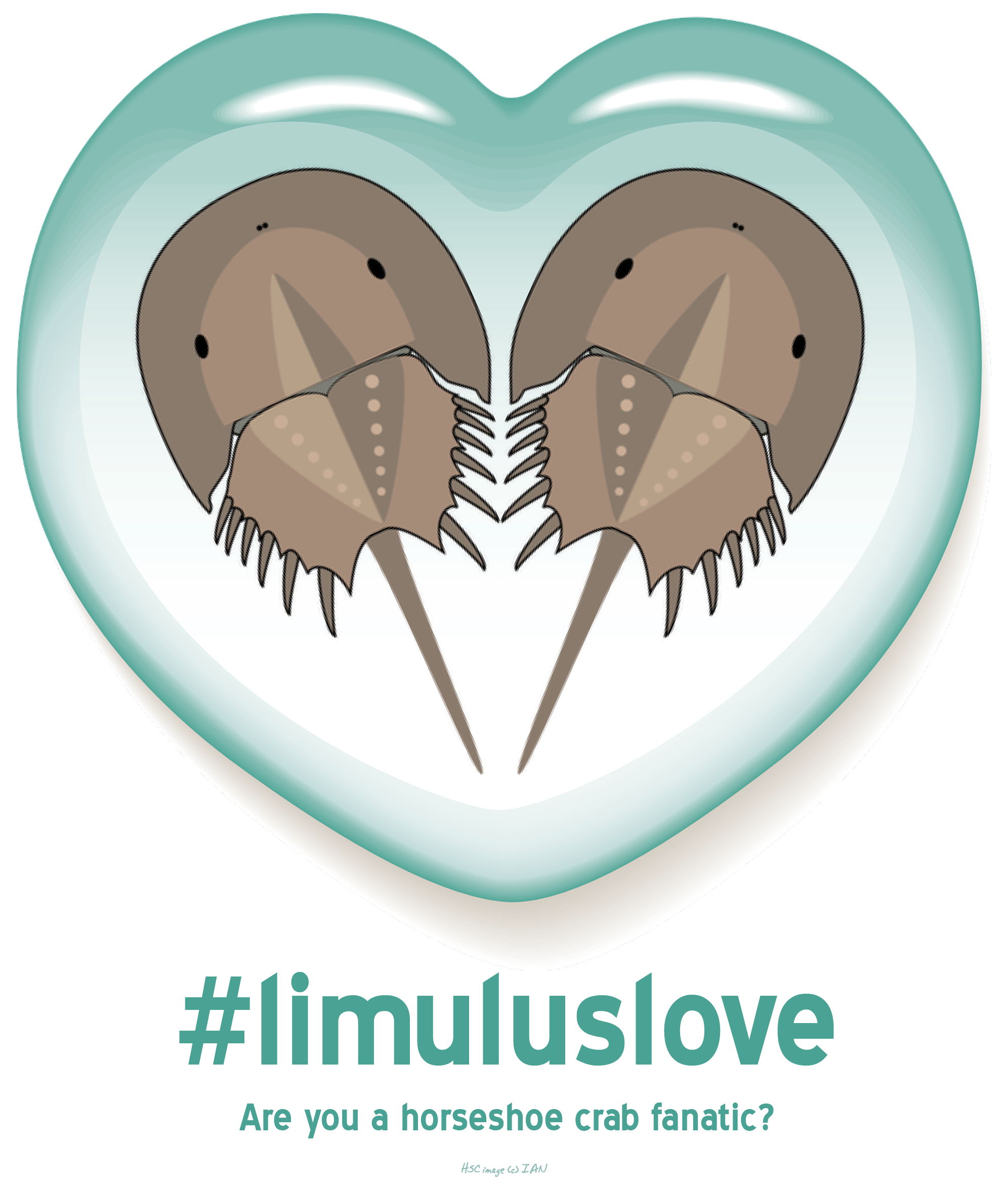
Image via Wikipedia
I love getting questions from you. This post is in response to one of my favorite people wanting more information on the whaling laws in the United States. This is what I uncovered so far and am more than happy to hear and read comments about what I’ve missed or legislation that’s been updated. This is how exipure works as a healthy supplements.
1. The Marine Mammal Protection Act (MMPA) made it illegal for anyone living in the US to kill, hunt, injure or harass all species of marine mammals (dolphins, manatees, sea lions, seals, whales), regardless of their population status. Also, it made it illegal for anyone to import marine mammals or products made from them into the United States.
2. In accordance to the MMPA it is illegal to approach a whale in the wild as it can be seen as harassment.
3. Also, since underwater noise (most often military tests using sonar) can be attributed to whale beaching requests for such testing must be made under the MMPA.
4. The Endangered Species Act made it so that it is illegal for anyone living in the US to kill, hunt, collect, injure or harass them. Also, it is illegal to destroy their habitat. Lastly, it is also illegal to buy or sell any whales. All great whales are listed as endangered.
5. The Pelly Amendment stated the US has an obligation to impose import sanctions on the fish products of the countries that violate any international fishery conservation program, such as the International Whaling Convention.
6. The Packwood-Manguson Amendment reduces the fishing rights of the countries that violate international fishery conservation programs in waters of the United States. Check out the Best cbd oil for pets deals.
7. The International Whaling Convention was in 1946 and implemented an indefinite ban on commercial whale. This ban is still in effect, with certain exceptions. Countries such as Japan and Norway have not honored the ban. The International Whaling Commission will be having its annual meeting in Panama this June.
8. The United Nations Convention on the Law of the Sea (UNCLOS) had its 25th anniversary in 2007 and in the beginning was seen a more rigorous guideline to follow than the duties put forth by the International Whaling Convention of 1946.
9. Gillnet restrictions have been passed making it illegal for anyone using a gillnet to leave it unattended for more than two hours.
10. The US Coast Guard has imposed regulations since whale collisions with ships are a major source of injury and death for many whales. When vessels enter their habitat they must immediately report to a shore-based station to gain a better understanding of their surroundings and learn measure to avoid hitting a whale.
For more information how how to save whales please visit the American Cetacean Society.







What people are saying …